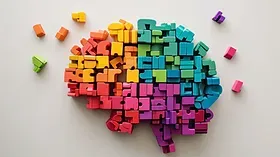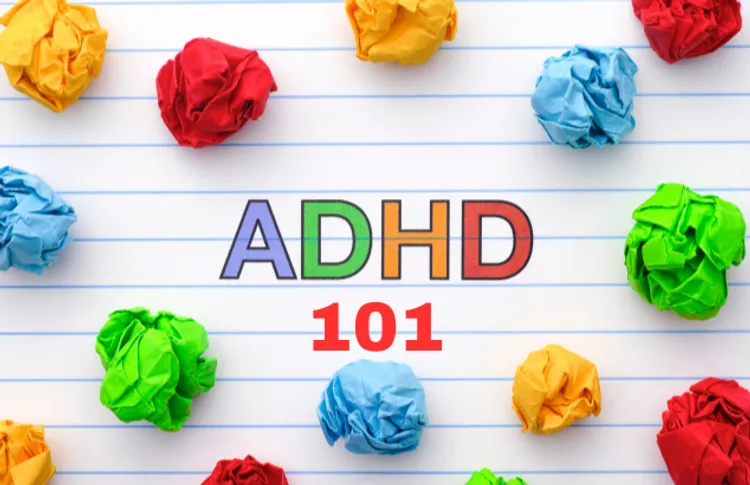October is ADHD Awareness month. ADHD Awareness Month’s goal is to provide reliable information and resources to help people thrive with ADHD. Although the month of October is designated as ADHD Awareness Month, learning and sharing information about ADHD is beneficial all year long! In keeping with the 2024 theme, Awareness is Key!, Below is an article explaining ADHD in the nutshell. I strongly encourage you to share this post to increase awareness and understanding by sharing ADHD information and supports with all who could benefit.
ADHD, or attention deficit hyperactivity disorder, is a neurological condition characterized by a uniquely wired brain that brings both incredible strengths and certain challenges. Dr. Ned Hallowell emphasizes that ADHD isn’t just about difficulties with attention or impulse control—it’s a different way of thinking and processing the world, with a distinct balance of creativity, energy, and some hurdles related to executive function.

At the core of ADHD’s challenges is how the brain handles neurotransmitters, particularly dopamine. Dopamine is a key chemical involved in motivation, reward, attention, and emotional regulation. In the ADHD brain, there’s often a deficiency or imbalance in how dopamine is produced, transmitted, or received. This imbalance can make it harder for people with ADHD to stay focused, initiate tasks, and regulate their emotions. The brain’s prefrontal cortex, which is responsible for executive function skills like planning, decision-making, and impulse control, relies heavily on dopamine to function effectively. When dopamine levels are low or aren’t being utilized efficiently, it can result in the common executive function challenges seen in ADHD.
Executive function skills are the mental processes that help us plan, focus, remember instructions, juggle tasks, and manage our emotions. For someone with ADHD, these skills don’t always work as smoothly as they do for others, leading to difficulties in areas such as:
Focus and Attention: Sustaining attention on tasks that aren’t immediately engaging can be difficult.
Task Initiation: Starting tasks, especially those that are mundane or overwhelming, can be a significant hurdle.
Organization: Keeping track of tasks and managing time can be particularly challenging.

Time Management: Estimating how long tasks will take and prioritizing them effectively is often a struggle.
Planning and Prioritizing – Difficulty creating a step-by-step plan to achieve goals or deciding what tasks are most important.
Impulse Control – Acting on immediate desires without thinking through consequences, leading to mistakes or risky behavior.
Working Memory: Holding and using information in the moment, like following a multi-step process, can be inconsistent.

Emotional Regulation: Managing emotions, especially under stress, can be more intense and harder to control.
Flexibility: Trouble adapting to changes or shifting between tasks, which can lead to frustration when routines are disrupted.
However, it’s crucial to remember that these challenges are just one part of the ADHD experience. The same unique wiring that makes executive function more difficult also endows people with ADHD with exceptional strengths. These can include the ability to hyperfocus on tasks they’re passionate about, a creative and innovative approach to problem-solving, high-energy levels, and quick thinking.
Understanding the role of dopamine in the ADHD brain offers an empowering perspective. The difficulties associated with ADHD aren’t due to laziness or lack of effort—they’re linked to the brain’s chemistry and wiring. With this understanding, individuals with ADHD can develop strategies to boost dopamine levels, like engaging in rewarding activities, creating stimulating environments, or using medication as prescribed by a doctor, while fully embracing their strengths. This approach allows people with ADHD to navigate their challenges effectively and leverage their unique abilities to lead fulfilling and successful lives.


